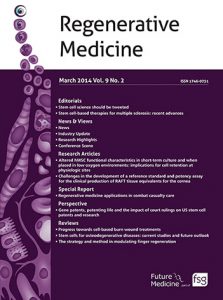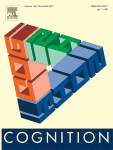 A journal has retracted a recent case report about a stem cell therapy in a child with cerebral palsy, after discovering the study failed to meet “ethical standards.”
A journal has retracted a recent case report about a stem cell therapy in a child with cerebral palsy, after discovering the study failed to meet “ethical standards.”
According to the journal, Regenerative Medicine, the ethical issue is that the authors failed to report the case to the Ministry of Health, Labor and Welfare of Japan, which violates the country’s guidelines for conducting stem cell research. Unfortunately, we don’t know much more than that about what happened.
Laura Dormer, editorial director of Future Science Group, which publishes Regenerative Medicine, explained that the paper’s first author, Masato Kantake, requested the retraction because: Continue reading Case report of stem cell therapy in child didn’t meet “ethical standards,” says journal

 Nature
Nature A social psychologist has retracted a second paper that contains “fabricated or manipulated data.”
A social psychologist has retracted a second paper that contains “fabricated or manipulated data.”
 A social psychology journal has added an expression of concern to a paper by
A social psychology journal has added an expression of concern to a paper by 

